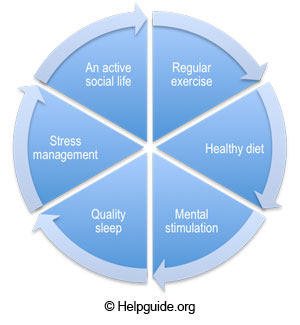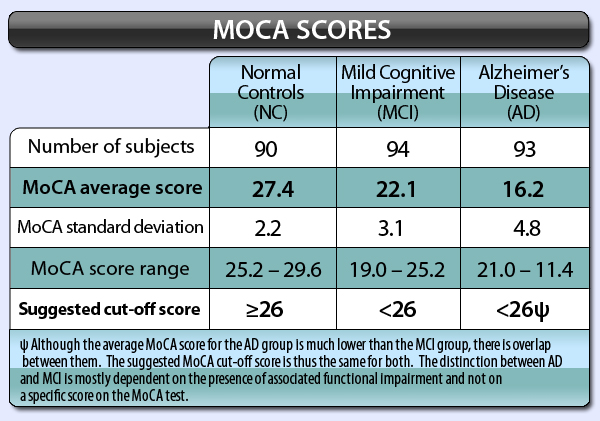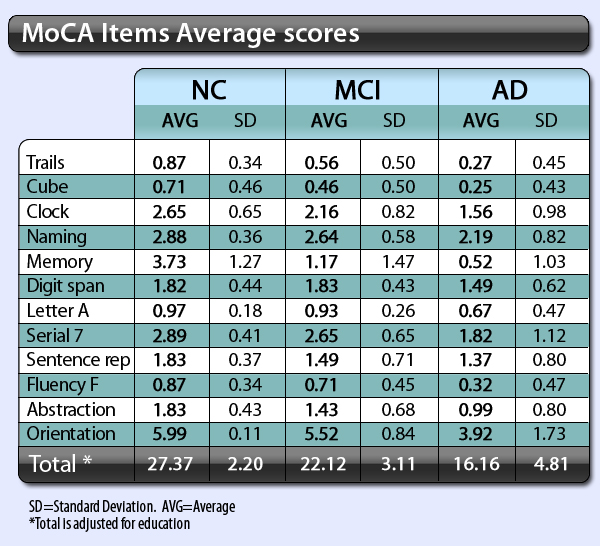Lesson 38: Mental Health and Aging
Attention

Learning Outcomes
Upon completion of this lesson's material, students will be able to:
- Identify key contributing factors to the risk of Alzheimer's Disease
- Reflect on the importance of old people in our world
Teaching
Depression
A common misconception is that most, if not all, elderly people are depressed. The fact is, among the healthy population, the rate of clinical depression declines over time.
Older people, however, are faced with a number of potentially "depressing" facts...decline in their activity, change in work and societal value, friends and family dying, poverty, illness, disability, impending death...it is not surprising that we ASSUME that to be old is to be depressed!
National Institute of Mental Health
Older Adults: Depression and Suicide Facts
Dementia
Dementia is the term for a class of disorders that impact behavior and cognitive functioning. The most famous of these is Alzheimer's Disease.
Key symptoms of Alzheimer's Disease include the following:
- gradual decline in memory. learning, attention, and judgment
- difficulty in communicating (often searching for the right word...)
- decline in personal hygiene and self-care skills
- changes in behavior and personality
The definitive diagnosis of Alzheimer's can only be made upon examination of the brain after the person has died.
Click HERE to review the risk factors associated with Alzeimer's Disease
Click HERE to explore the 6 Pillars of a Brain-Healthy Lifestyle.

The Montreal Cognitive Assessment
The MoCA is a cognitive test that is designed to be used by health care professionals to detect mild cognitive impairment. It should NOT be used to determine if someone has, or does not have, dementia or Alzheimer's
Click HERE to visit the MoCA website
Click to download Version A of the Assessment or Version B of the Assessment

This chart represents the average scores on the MoCA for Normal, Mild Cog Impairment, and Alzheimer's Patients

These scores reflect averages in the three groups across each of the items in the test
Click below to review an excellent document produced by the Alzheimer's Association
Tools for Early Identification, Assessment, and Treatment of people with Alzheimer's Disease and Dementia
The Nun Study Information about the Nun Study can be found by clicking here. Take time to review the F.A.Q., Videos, and Publications sections of this website. According to the website... The Nun Study is a longitudinal study of aging and Alzheimer's disease. It began in 1986 as a pilot study on aging and disability using data collected from the older School Sisters of Notre Dame living in Mankato, Minn. In 1990, the Nun Study was expanded to include older Notre Dames living in the midwestern, eastern, and southern regions of the United States. In 2008 the study returned to the University of Minnesota under the direction of Kelvin O. Lim, M.D. The goal of the Nun Study is to determine the causes and prevention of Alzheimer's disease, other brain diseases, and the mental and physical disability associated with old age. The results from these studies can be found in the "Publications" section of this website. Review the "Nun Study Abstracts (with references) document. This is very scientific stuff so be prepared! |
Understanding Aging
Growing old fills many people with a sense of dread and fear. Some people don't even like to be around older people. The number of psychologists studying child development is a LOT higher than the number of people studying old age...even though we spend a LOT more time in old age than we do in childhood!
Read the document below and reflect on your own fears, concerns, etc about aging. What do you think about the message contained in this document?
Aging by Henri Nouwen (adapted by Dr. Robert Veon)
Assessment

Lesson 38 Quiz
- Reflect on the essay regarding Aging by Dr. Veon. What is the message that is in this document? How does this relate to your own feelings about the elderly and about growing old?